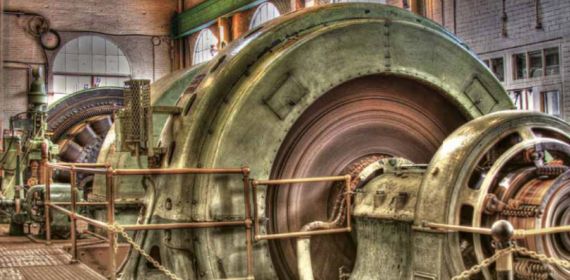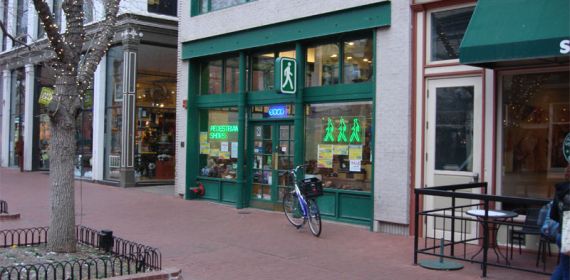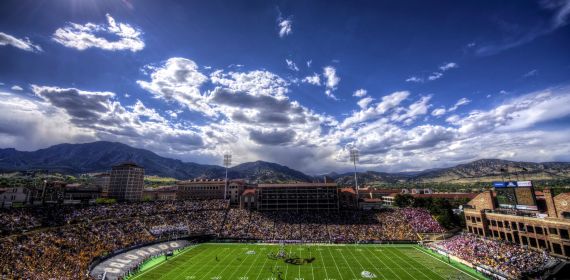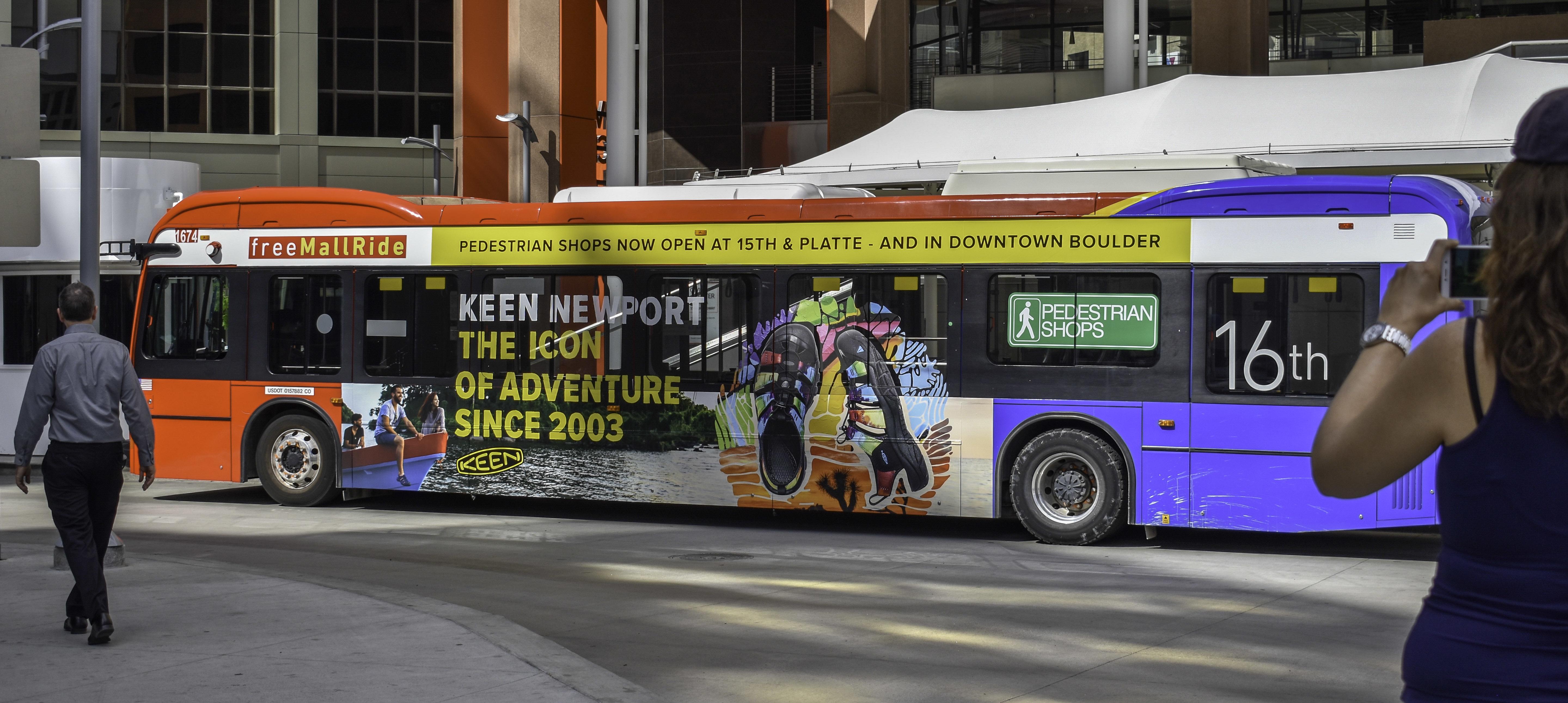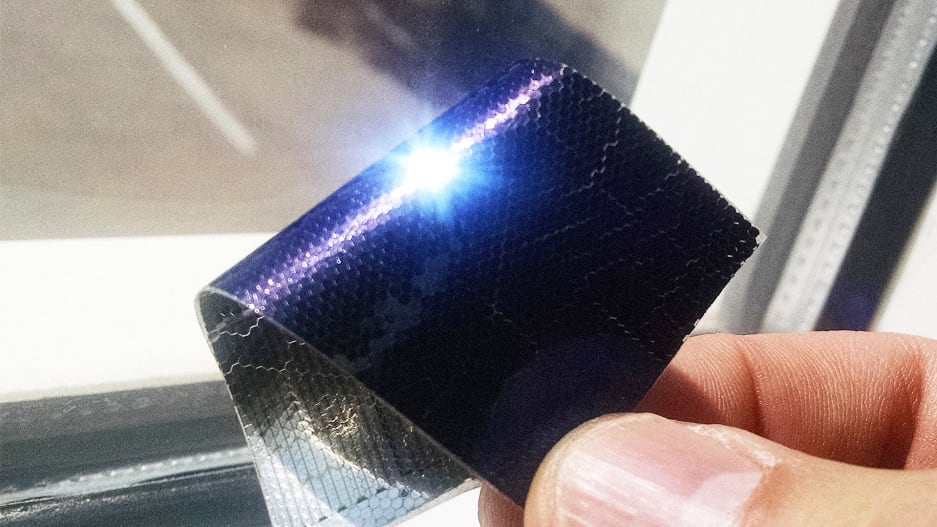Here are the reasons to vote NO on Boulder’s Electric System Municipalization project – and the reasons why decarbonization is both an indisputable environmental imperative and the world’s most promising asset utilization business opportunity.
Carbon Eraser (CE) is an idea for a “born in Boulder” Colorado suite of decarbonization enterprises that provide a carbon-free alternative to activities that now add carbon to our air. These ventures can be coordinated with each other or they can stand alone. Together they create a metaphorical shade of green and an energy ecology that is both economically rewarding and environmentally sustainable. CE is good for communities like Boulder, Colorado, for the environment, for partners like the University of Colorado and Xcel Energy, and for the power grid.
As a member of Boulder’s City Council, I helped write its first Climate Action plan in 2006.
As a reading of the document will show, just 12 years ago Boulder and Xcel Energy had an excellent relationship and a common purpose to reduce the carbon content of our energy.
As you will see, Xcel inmost cases achieved or exceeded the plan’s goals. However, the City of Boulder’s Plan Boulder-influenced City Council got sidetracked, spending over $20 million to sue for the right to spend a few hundred million more to buy the electric system, i.e., the poles, wires
The most obvious problem is that the poles and wires are obsolete, and the cash flow will be destabilized by decarbonization success. I haven’t paid for an electron, or for a gallon of
And in
This paragraph links to the FOURTH NATIONAL CLIMATE ASSESSMENT Volume II: Impacts, Risks, and Adaptation in the United States. The National Climate Assessment (NCA) assesses the science of climate change and variability and its impacts across the UnitedStates, now and throughout this century. It was JUST released on November 24, 2018
Most important, preoccupation with the outdated municipalization dream has distracted Boulder from accomplishing successes demonstrated by progressive communities around the world, such as updating poles and wires into resilient microgrids that keep the lights on, powered by solar gardens and other distributed generation systems. And also, focusing on the other two-thirds of our carbon footprint: mobility and heating buildings.
Boulder has only one beautiful, formerly diesel, rebuilt electric bus in its fleet (thank you, Via and Frank Bruno). A city of Boulder’s wealth should have a fleet of electric buses and a carbon-free mobility plan. The following links describe more sustainable decarbonization alternatives that have been developed since great-grandfathers in neighboring Longmont municipalized their still today carbon-dirty electric system about 100 years ago. Boulder’s great-grandfathers instead built a hydroelectric turbine in Boulder Creek that has been creating carbon-free electric for over 100 years.

Carbon Eraser (CE) is a suite of decarbonization enterprises that don’t require municipalization, however, provide a carbon-free alternative to activities that now add carbon to our air. These ventures can be coordinated, or each can stand alone. Together they create an energy ecology that is both economically rewarding and environmentally sustainable. CE is good for communities likeBoulder, Colorado, for the environment, for partners like the University ofColorado and Xcel Energy, and for a more sustainable low or no carbon power grid that keeps the lights on.
The only reason to municipalize is the thrill some derive from kicking the power company in the knee. A well-considered response to climate change may be the most important decision we make on behalf of those who come after us. In light of Boulder
Idea 1. Carbon Eraser Solar Roof and Garden Plan
Click for details
Idea 2. Establish an annual Carbon Eraser Head and Bed Tax to fund low carbon mobility including pass-less electric and fuel cell buses as well as other point to point options
Click for details
Idea 3. Redeployment of the 500+ acres at the Valmont powerplant as Boulder’s Carbon Eraser Energy Park could be Boulder’s crowning Decarbonization and Resiliency accomplishment
Click for details
Decarbonization involves billions of dollars of opportunities. The most obvious
A profitable example is helping to launch a Climate Change guaranteed Cryptocurrency.
1000 kW CE blockchain cryptocurrency token
A 1000 kW CE is a coin and trading unit that utilizes blockchain to create a self-contained carbon market. This is a cryptocurrency like a bitcoin; however, its value would be stabilized by green speculation and climate change.
In addition to other monetary value conveyed, a 1000 kW CE is
The1000 kW CE would allow a business, such as Boulder’s Whole Foods, to illustrate that the amazing 100-year old hydroelectric turbine inBoulder
This process would effectively create a carbon market, reversing the current decline in REC valuations while providing a vehicle for rooftop solar owners to cash out of ridiculously low monthly REC payments. For example, a residential energy consumer with a solar array receiving REC payment checks for just $2 or $3 a month for 10 years could cash out and receive a single payment. Results beyond Boulder would include stimulating carbon-free distributed energy generation and innovation. Reversing negative REC values is akin to a tax cut and will immediately increase installed distributed generation capacity, e.g.rooftop and solar gardens.
The Boulder Bubble contains an aggregation of articles from the most respected authorities.
We suggest other alternatives to municipalization and governance in general because of two strongly held convictions:
- The lost secret of the “A
merican algorithm” as provided in the choice of the word indivisible in our Pledge of Allegiance and Epluribus unum —Latin for “Out of many, one” — appearing on the Great Seal by an Act of Congress in 1782, is a contract to compromise. - The algorithm requires higher levels of voter participation. Those who care about the future must vote.
Comments you wish to make or ideas or innovations you wish to share should be sent to:


